
My First 25 Years: A Series of Contrasts
Dr. Wassermann was born in Munich, Germany, in 1920. He spent his childhood and youth in Munich before and during the rise of Nazism. In this presentation, he will discuss the fate of family members and friends
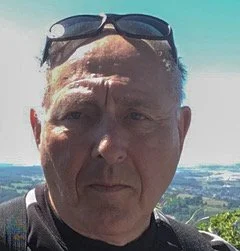
A Child Survivor of the Theresienstadt Concentration Camp
When Gerson Finlev was 2 years old, the Nazis imprisoned him and his family in the Theresienstadt concentration camp near Prague. The Finlevs remained there for 18 months until they were freed and returned to their home in Denmark. 15,000 children were deported to Theresienstadt. Only 100 came home, including Gerson and his brother. In this presentation, Gerson discusses his family’s story and survival in Theresienstadt.

More than Beer and Lederhosen: Living in Germany in Memorable Times
Dr. Finney’s sojourns in West Germany have coincided with historic moments in the country’s history. Her job as a nurses’ aide in 1970 fell in the wake of the Economic Miracle and the contracting of Gastarbeiter*innen. She arrived in Tübingen to take up a dissertation fellowship in October 1977, days before members of the far-left militant Baader-Meinhof Group were found dead in their cells at Stammheim Prison. Holding a Humboldt Research Fellowship in Berlin, 1989-1990, coincided with the fall of the Berlin Wall and its aftermath.
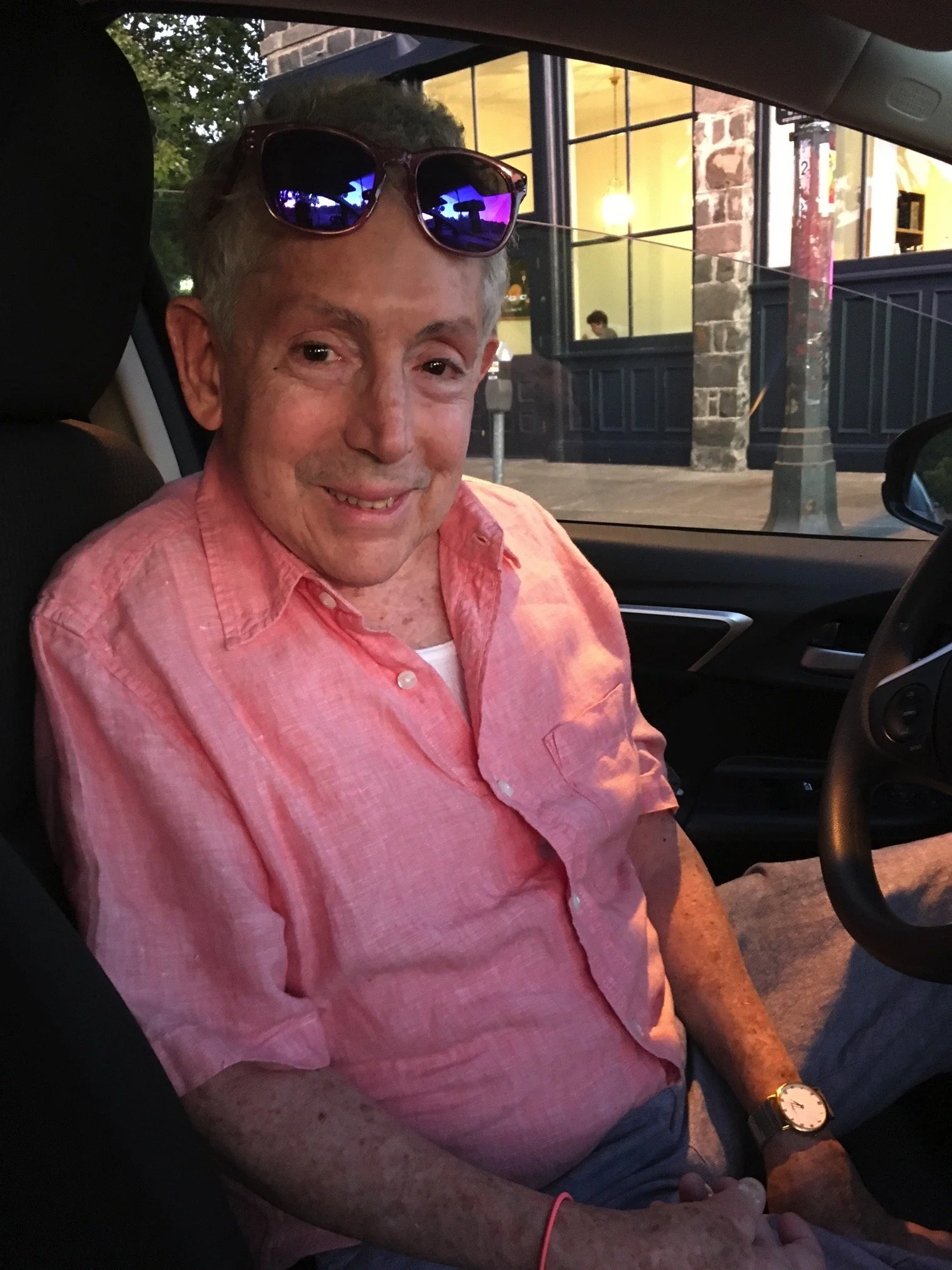
Leaving Memel: Refugees from the Reich
Leaving Memel - Refugees from the Reich tells the story of Judith Golden’s family and what they experienced when the times changed and Hitler began demonizing Jews, homosexuals, and Romani in Europe.
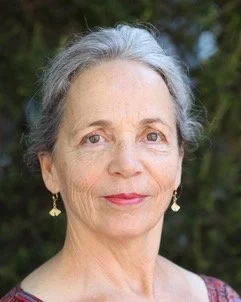
Divided: A Memoir
Without ever losing sight of the larger political and cultural context, Divided dramatizes the intimate, funny, wrenching, and often visceral process of a girl becoming a woman, a woman becoming herself, and ultimately finding her home in her body.”
Christine Schoefer wrote her dissertation at UC Berkeley on politics and literature in East Germany. After a period of academic teaching and research, she became a freelance writer. She still lives in two places: Berkeley and Rodenaes, a village in the northwest corner of Germany.
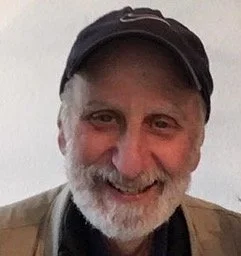
Reflections – Growing up Culturally Jewish in America
Born in New Jersey in April 1945, just 3 weeks before the end of war in Europe, Guy grew up in perhaps the greatest period of US prosperity and expanding worldwide influence.
Deeply influenced both by his first-generation extended family and their roots in 19th century Eastern Europe, and his fractured orthodox Hebrew education, Guy traces his growth in post-war America beginning with his Yiddish-speaking parents, to his motivation for learning German to his post-graduate study in Germany and later reckoning with the reality the Holocaust.

In Her Own Words: Eva Herzberg Schwartz, a German Jewish Refugee
Dr. Schwartz will share the story of her mother, Eva Herzberg Schwartz, who, in 1937 at the age of 16, fled Nazi Germany with her parents and settled in the Bay Area. Dr. Schwartz will focus on two detailed documents her mother left behind—an autobiography and a family tree going back to the 18th century, and her family’s life in Trier.

Growing Up in a Twice-Nuclear Holocaust-Refugee Family
My mother and father met as students at a physics lecture in Berlin Germany, pre-Hitler, though they only married in exile, on the sidelines of the US nuclear-bomb project. Most of my mother’s extended family was scattered to the far corners of the earth, but her own parents were murdered early in the Holocaust—a fact I learned as a very small child, right at the end of WWII. When my mother died in 1998, I came across letters in German written by her mother, in the late 1930s. The Gerlind Institute recently translated some for me—the first time I had any real sense of my grandmother’s own thoughts.

Roots of Violence
Melody Ermachild Chavis has spent her long career looking deeply at the causes and conditions that underlie violence. A private investigator for capital offence defense teams, Melody specialized in the research and presentation of evidence of mitigating circumstances. Traumatic events lie behind many violent acts. The social histories Melody compiled were not excuses for crime, but attempts to understand what circumstances could cause people to offend.
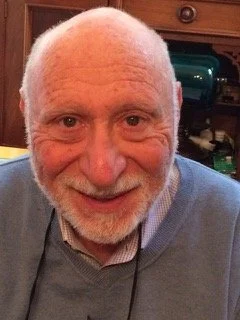
Tracing my Parents’ Past Lives
“My mother always said that Sunday babies are destined to be lucky. This was certainly true for me, born in the United States in late 1939 to Jewish immigrants. My parents escaped from Nazi Germany. Thanks to affidavits from American cousins, my father arrived in New York 1936 and my mother followed in 1937.”
